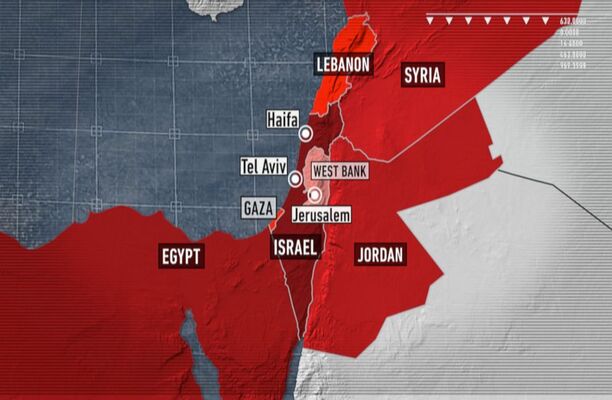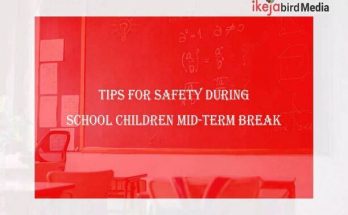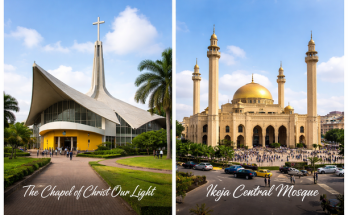By Bababunmi Agbebi
Edited by Ezennia Uche
It has been more than two years since the war between Hamas and Israel erupted — leaving an immense trail of human loss, destruction, and diplomatic stalemate. The conflict, rooted in decades of territorial disputes, security fears and political mistrust, remains one of the most protracted and devastating crises in the Middle East.
The war began on 7 October 2023 when Hamas launched a coordinated assault on Israel from the Gaza Strip, the deadliest attack on Israeli soil in decades. According to multiple reporting sources, more than tens of thousands of Palestinians and Israelis have been killed since the fighting began. For example, the United Nations Office for the Coordination of Humanitarian Affairs (OCHA) notes that casualties in the Gaza Strip and Israel are “added once independently verified” and warns against treating all reported figures as final. UN OCHA – Occupied Palestinian Territory+2The Washington Institute+2
The latest figure from the Gaza Health Ministry (Hamas-controlled) reports that over 60,000 Palestinians have been killed, though this mixes combatants and civilians and is subject to evolving revisions. The Washington Post On the Israeli side, official tallies place several thousand dead including soldiers and civilians. Reuters Many journalists and humanitarian‐aid workers have also been killed or gone missing in the cross-fire, though exact numbers remain contested.
Beyond Gaza, the war’s impact has rippled outward: casualties have also been recorded in southern Lebanon and Syria, underscoring the regional volatility surrounding the conflict.
Infrastructure and Humanitarian Collapse
OCHA reports show that large swathes of Gaza’s civilian infrastructure have been rendered uninhabitable, hospitals overloaded and essential services on the brink of collapse. United Nations+1 Access to food, water and medical care is severely constrained.
International Response and Legal Pressure
On 22 October 2025 the International Court of Justice (ICJ) issued an advisory opinion in response to a request from the United Nations General Assembly on Israel’s obligations in the Occupied Palestinian Territory (OPT). The Court found that Israel remains the occupying power, and is bound by international humanitarian and human rights law to ensure the civilian population has access to essential supplies (food, water, medicine), to facilitate relief operations, and to refrain from using starvation as a method of warfare. UNRWA+3United Nations+3Opinio Juris+3
Despite this, humanitarian agencies say essential forms of relief remain dangerously limited and delivery is obstructed. Human Rights Watch+1

The Diplomatic and Political Stalemate
World leaders have echoed urgent appeals:
• António Guterres, Secretary-General of the UN, described the war as “unlike any other conflict” he has witnessed, and has repeatedly called for full respect of international humanitarian law.
• King Abdullah II of Jordan warned, “Failing to act is to accept the destruction of our shared humanity.”
• Recep Tayyip Erdoğan of Turkey displayed images of malnourished Gaza children and asked, “Can there be any justification for this brutality in 2025?”
• Meanwhile, Benjamin Netanyahu, Prime Minister of Israel, maintained that Israel has the right to defend itself, insisting its military takes “unprecedented measures to minimise civilian casualties” while holding Hamas responsible for embedding within the civilian population.
Cease-fire agreements have repeatedly collapsed. Israel recently rejected a proposal for a Turkish-led peacekeeping force in Gaza, citing concerns about neutrality, while talks over hostage releases and humanitarian corridors remain deadlocked.
A Cry for Humanity
Two years on, Gaza’s children continue to live amid rubble, fear and hunger. Israeli families mourn lives lost and loved ones still held captive. The suffering is immense, and the political path uncertain. What remains clear is that this war has become more than a struggle for territory—it is a test of humanity itself.
As the world’s leaders continue to debate cease-fire conditions, accountability and reconstruction, ordinary civilians bear the heaviest cost. For many, hope now rests not in political speeches but in the enduring belief that compassion and justice might yet triumph over the cycle of violence.








